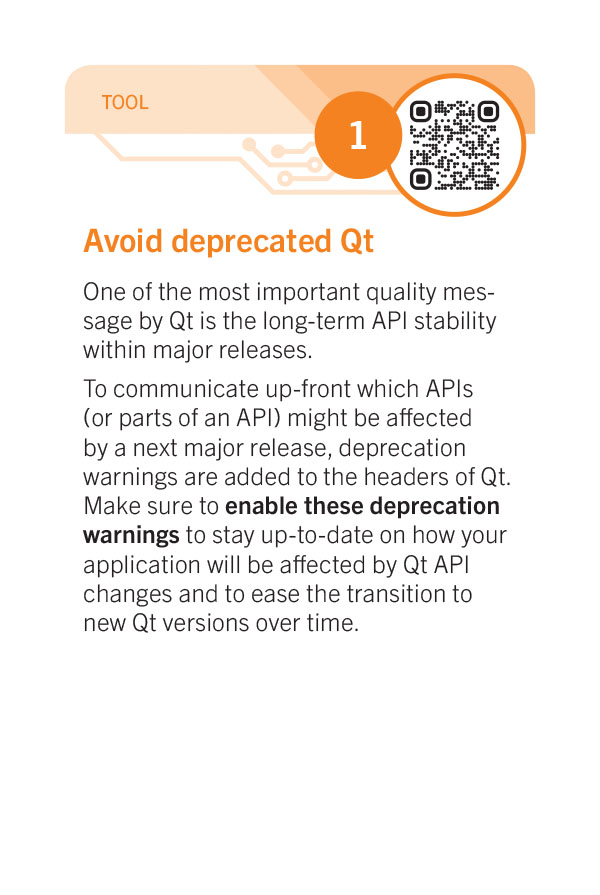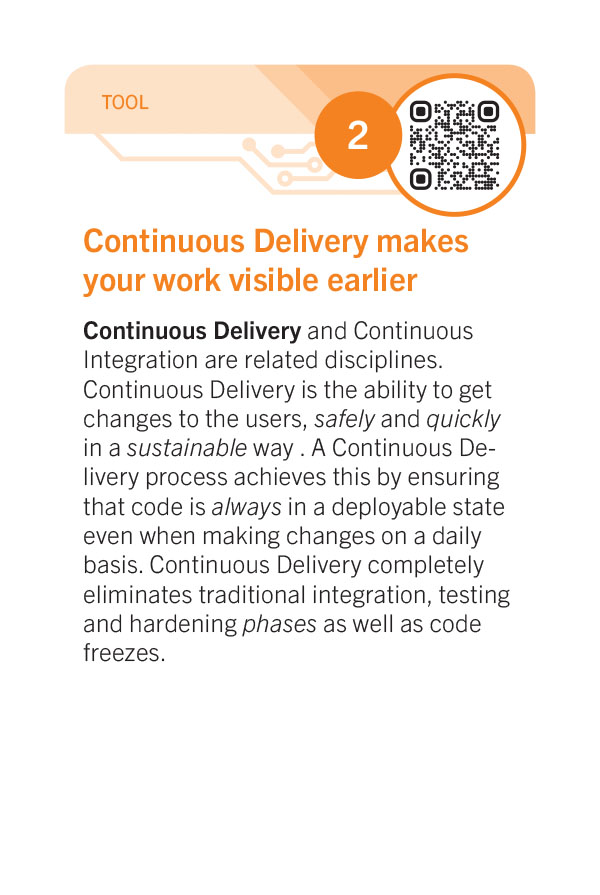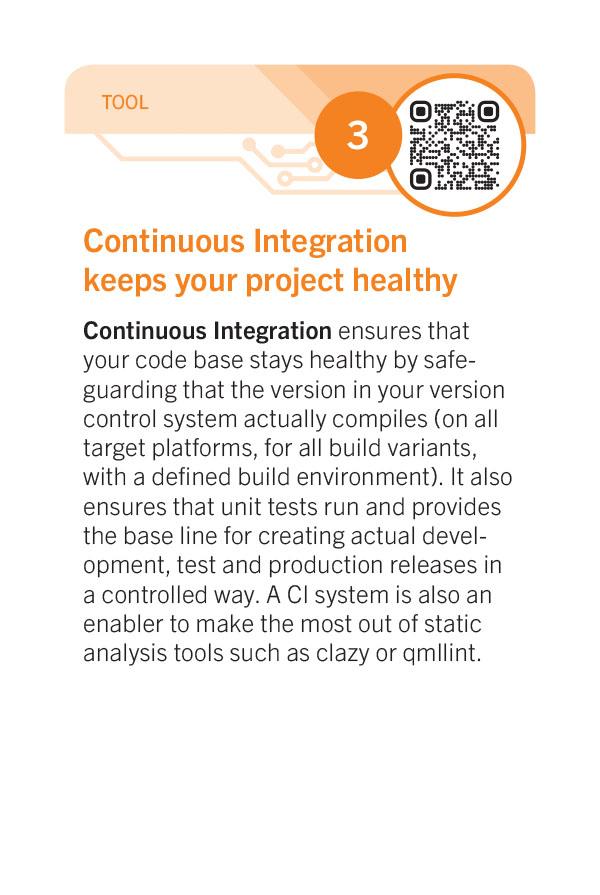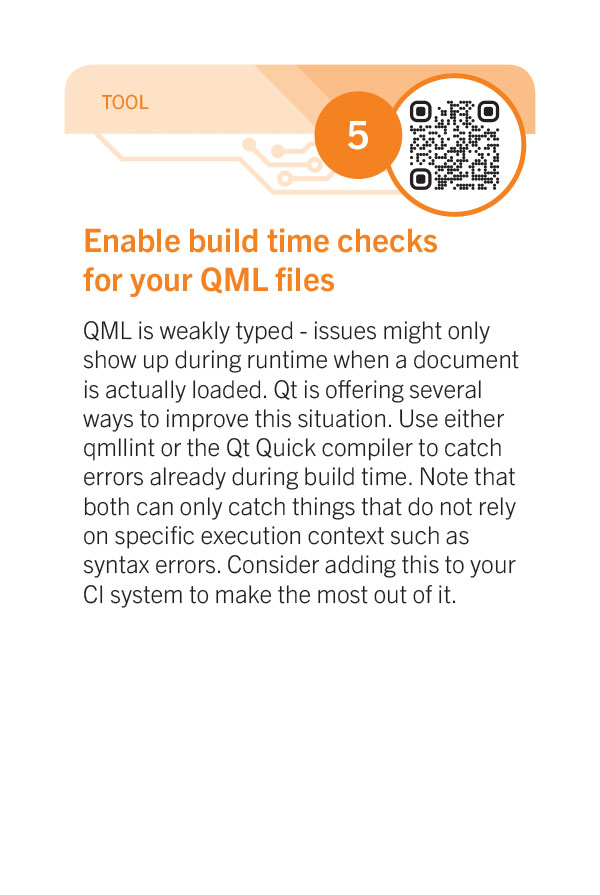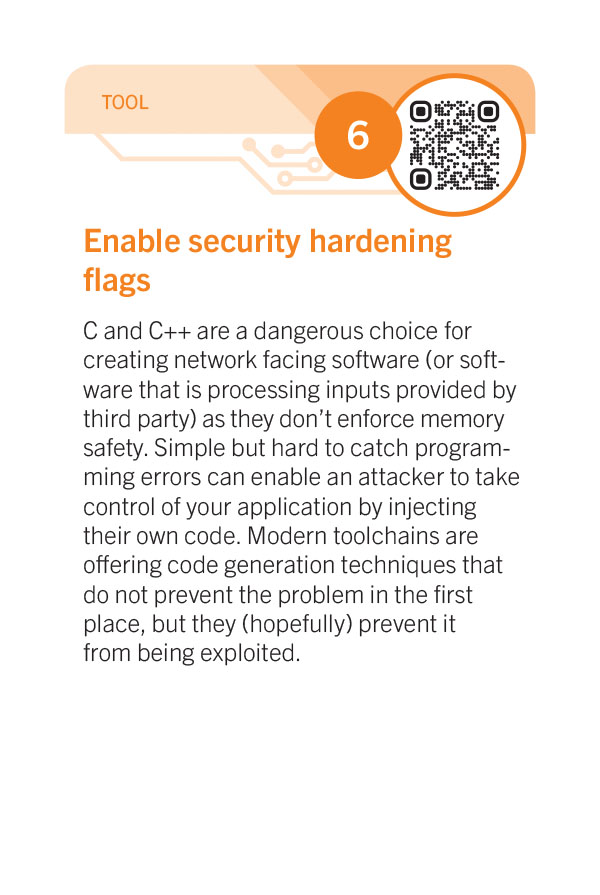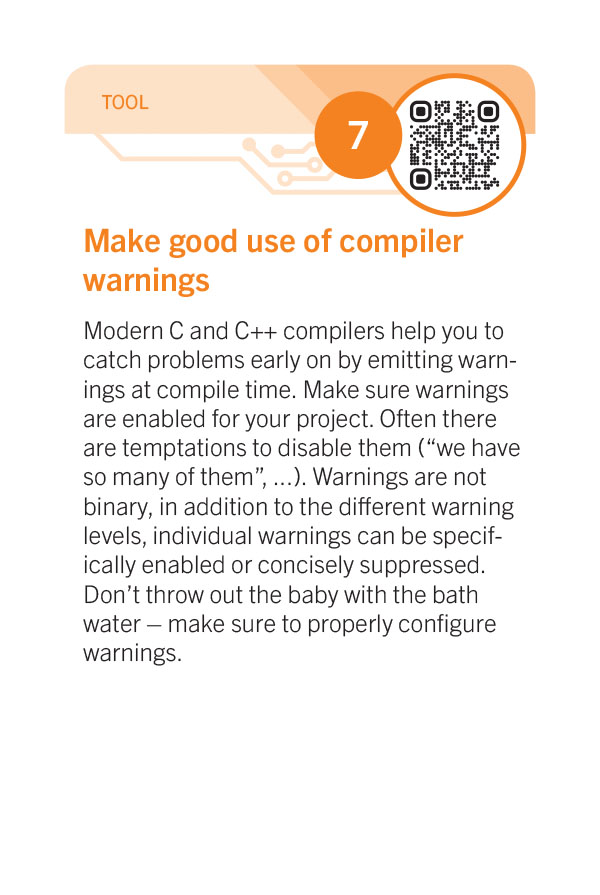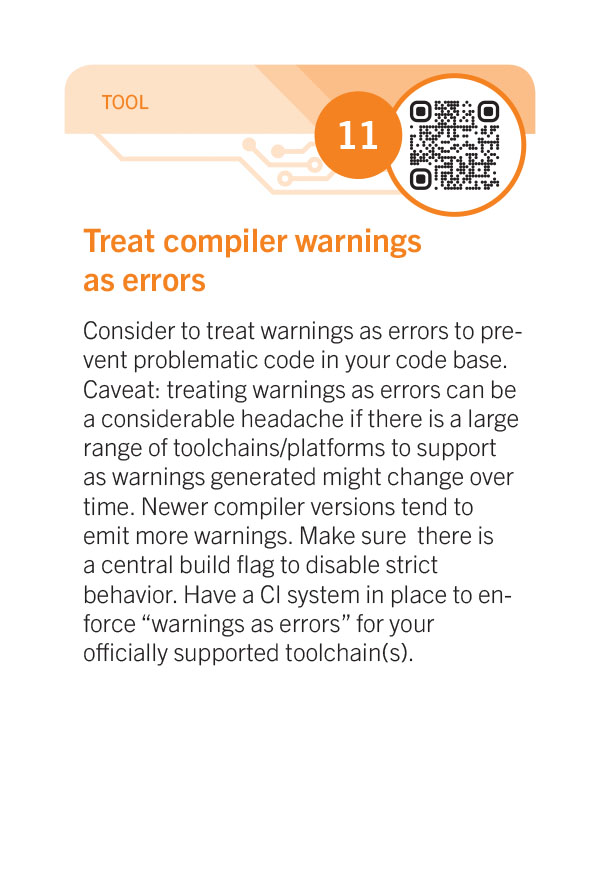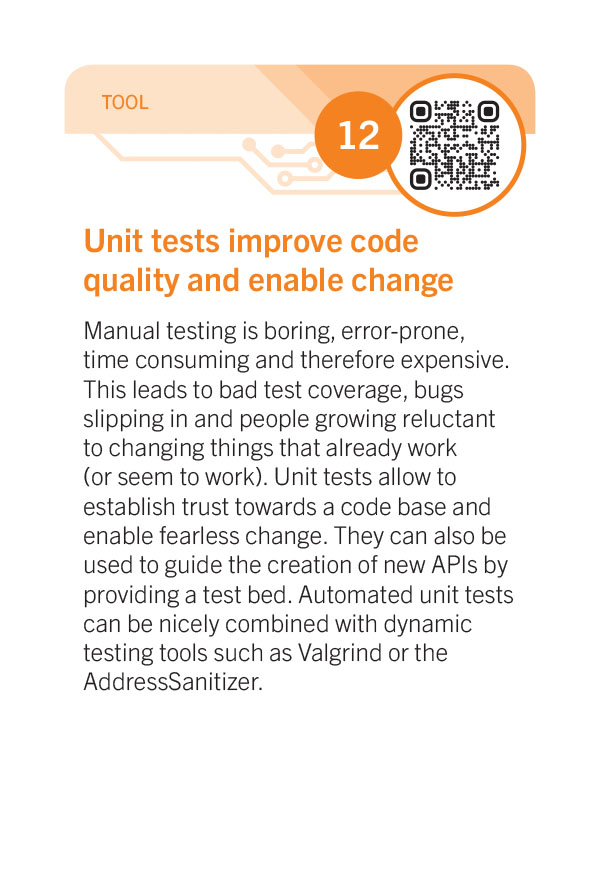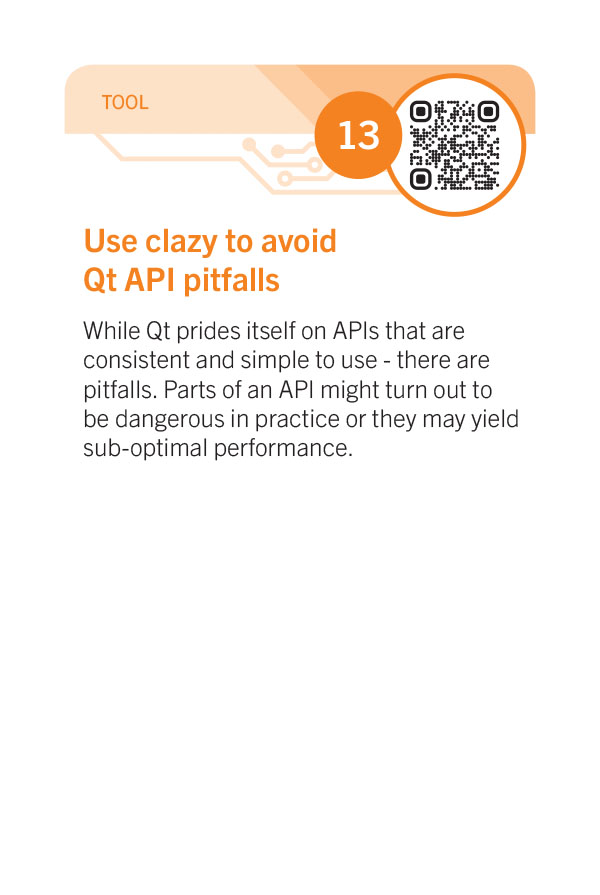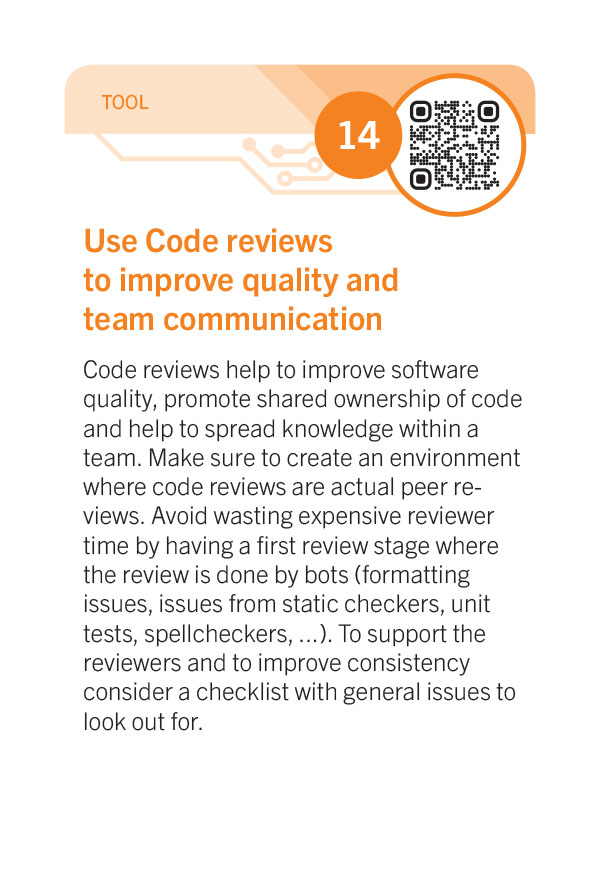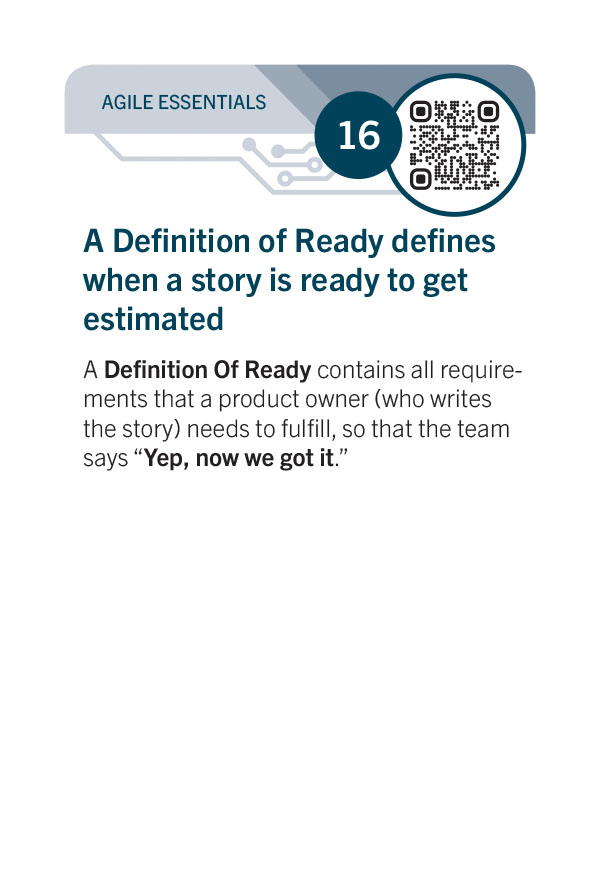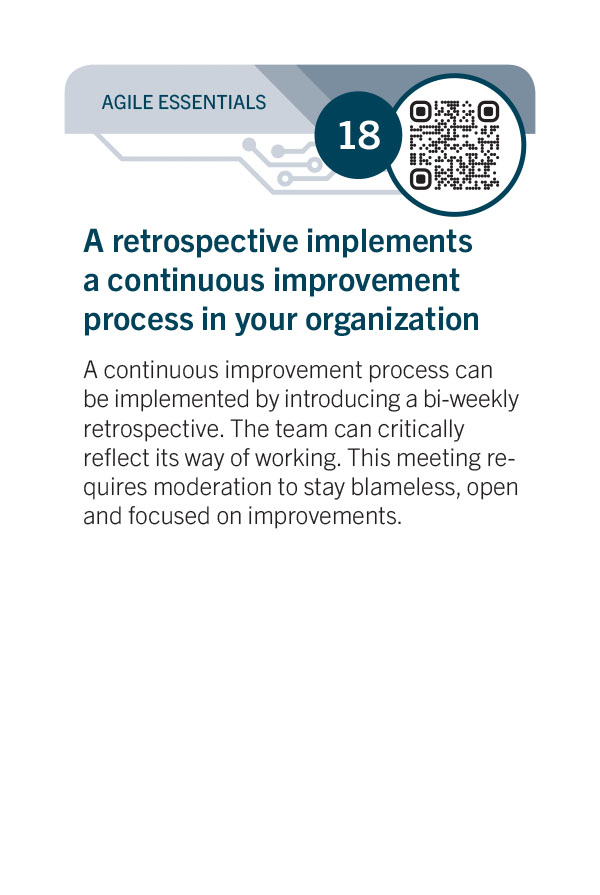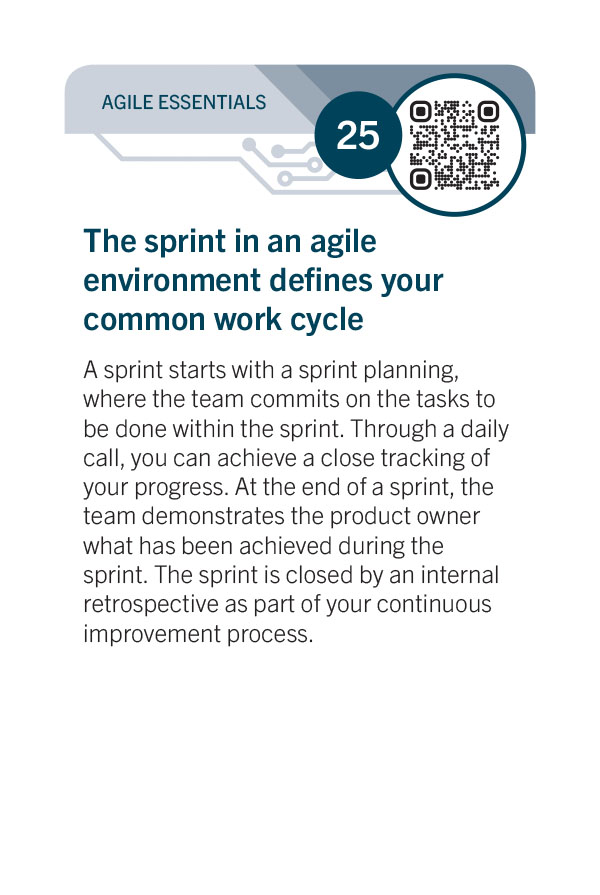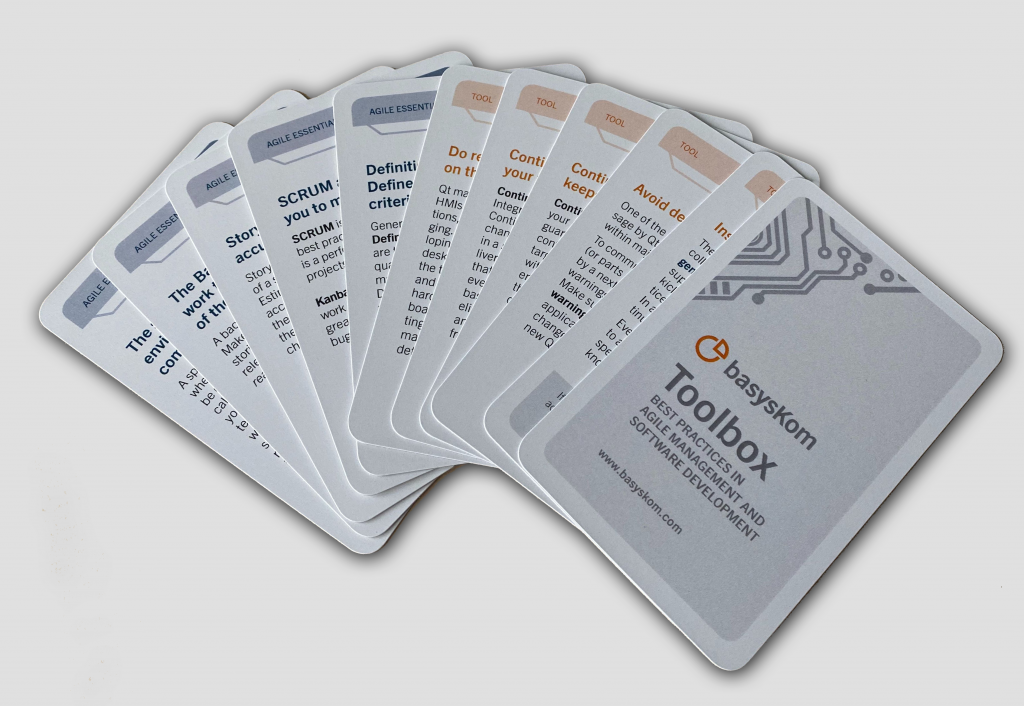Make use of exploit mitigations
Goals
Prevent security issues from being exploited.
Description
C and C++ are a dangerous choice for creating network facing software (or software that is processing inputs provided by third party) as they don’t enforce memory safety. Simple but hard to catch programming errors can enable an attacker to take control of your application by injecting their own code. Modern toolchains are offering code generation techniques that do not prevent the problem in the first place, but they (hopefully) prevent it from being exploited.
Environment
C and C++
Platform
All, but the number and quality of mitigations offered will differ between toolchains, OS versions and CPU architectures.
Implementation effort
Low
Applicability
All software which deals with untrusty third party inputs.
Caveats
- Try to enable these flags early on as there might be side effects which are easier to track down outside of a release window…
- Mitigations make it harder (sometimes a lot) to exploit a given bug, but they are no 100% protection. Also make sure that OS-level mitigations are also enabled.
- Some mitigation have a performance impact.
See also
–
Implementation hints
GCC/Clang:
-D_FORTIFY_SOURCE=2
-Wl,-z,relro,-z,now
-fstack-protector-strong
-pie -fPIE
-Wformat -Wformat-security
Visual Studio:
/GS
/guard:cfThese options only provide a baseline, please have a look at the toolchain documentation for details and more mitigations.
For Embedded-Linux scenarios it might be better to globally enable these flags globally during firmware generation.
